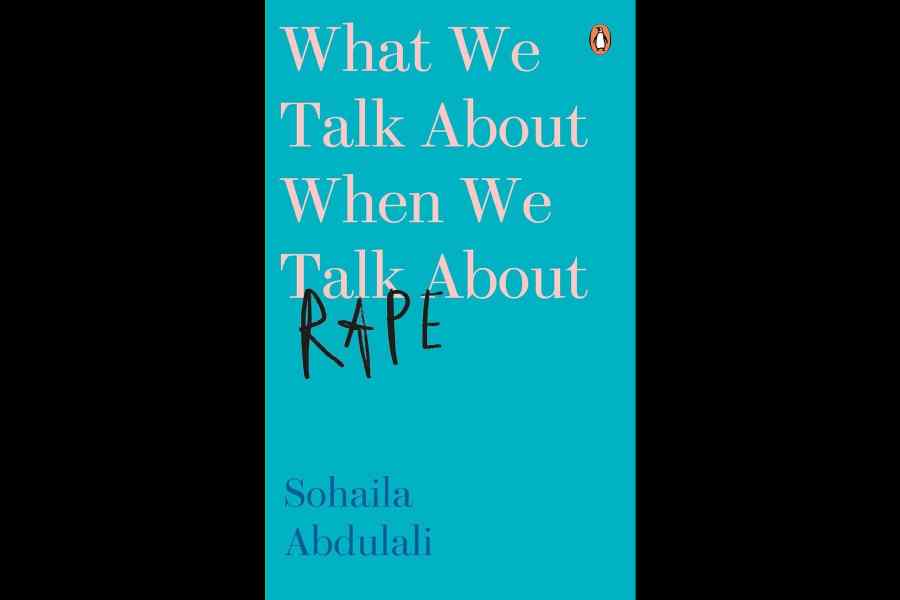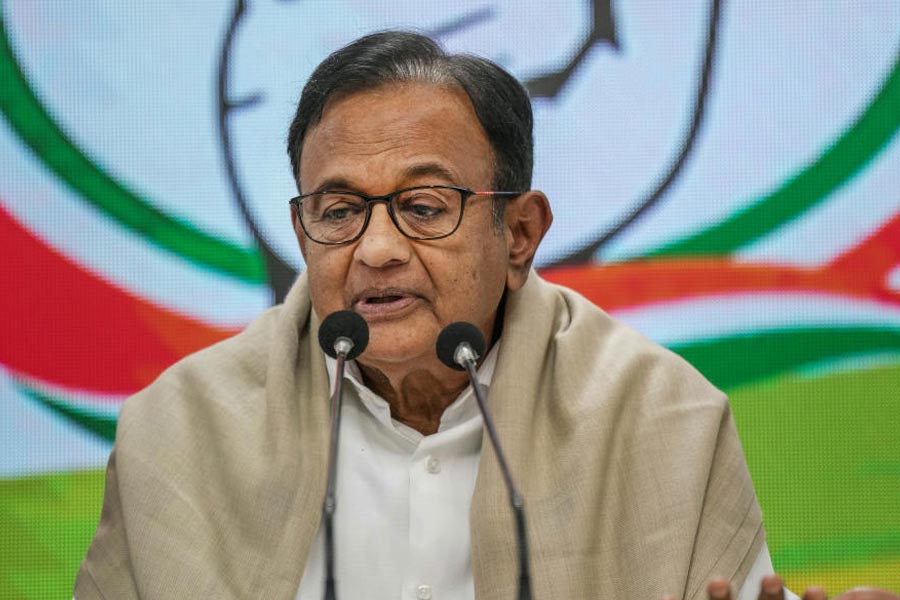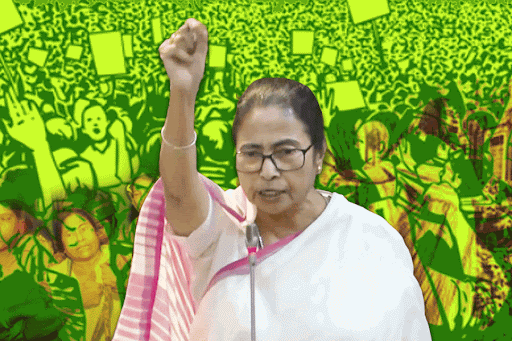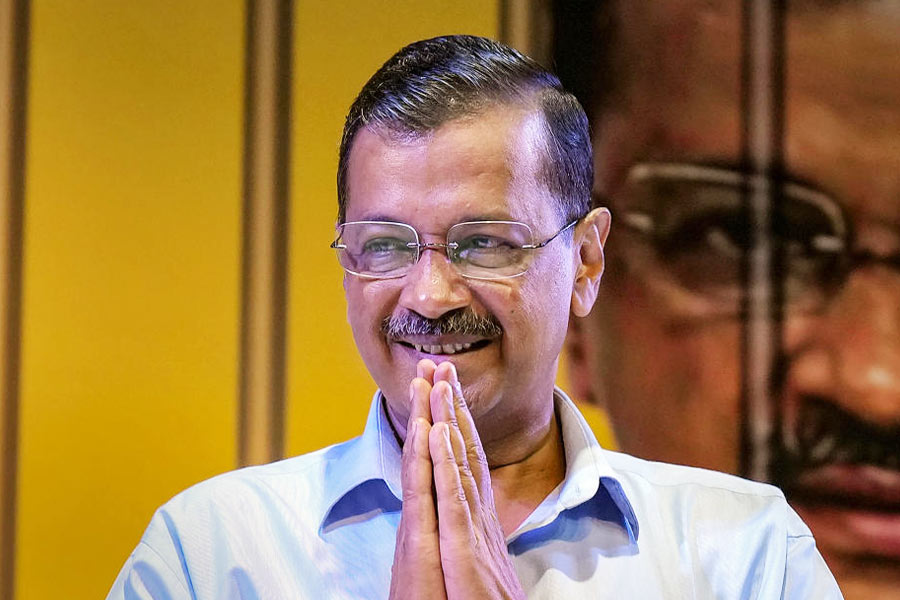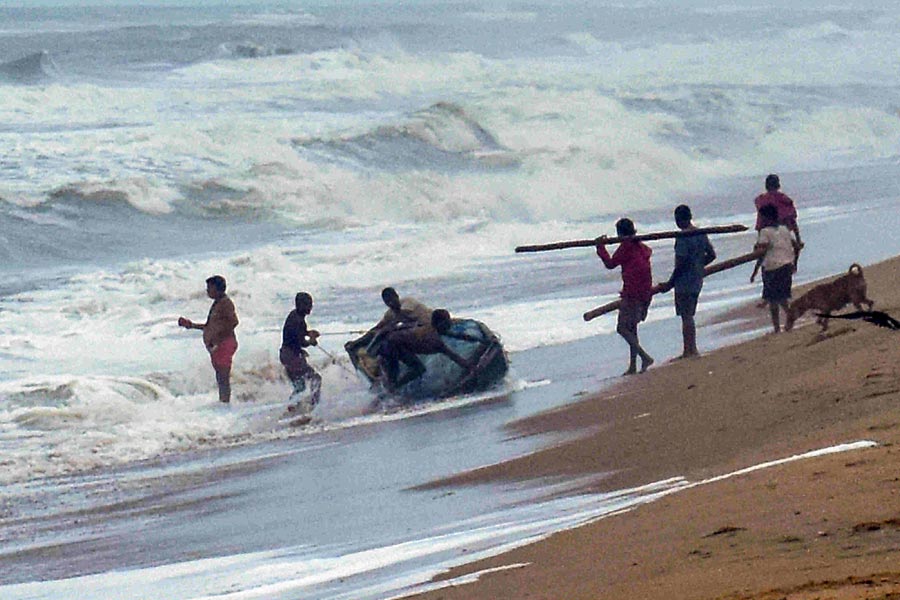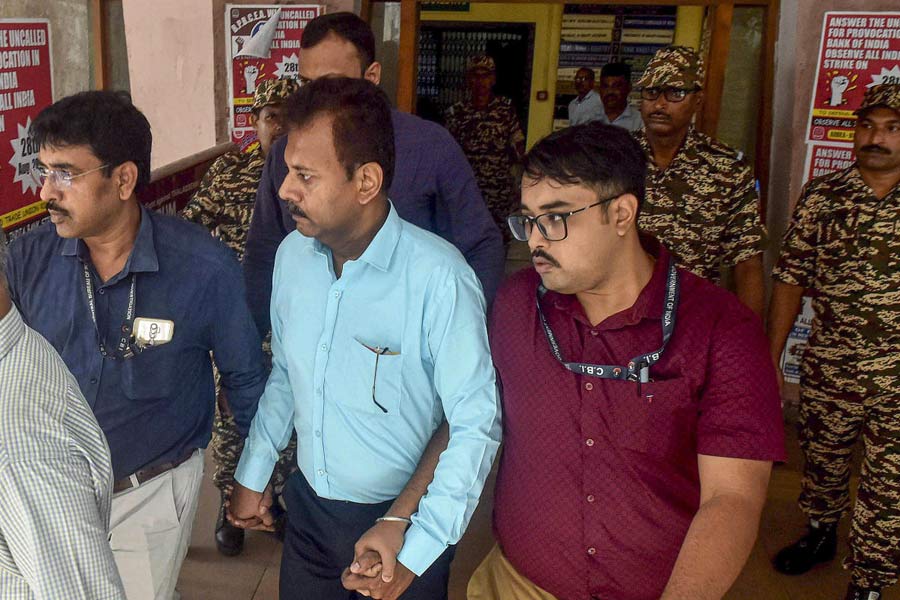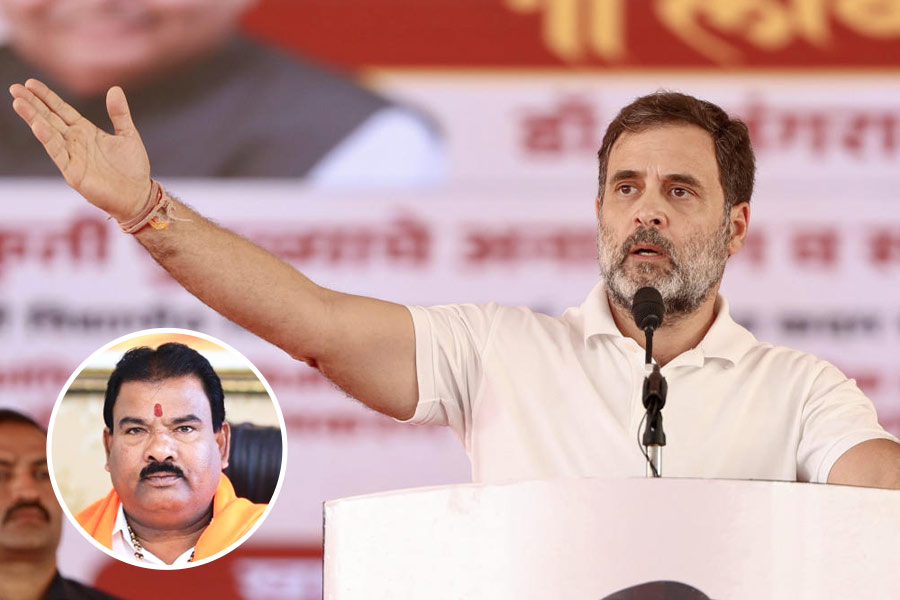Sohaila Abdulali was gangraped when she was 17. That was 1980. In Bombay, as the city was then known. She survived and chose to talk about it. She told her family, she went to the police and when she turned 20 she wrote about it.
A sharp piece in the magazine Manushi, which recounted details like “I think I was raped 10 times” and how the four armed men let her go after a lecture on what an “immoral whore” she was to have been alone with a boy that moment when they accosted her.
Sohaila’s undergraduate thesis was on rape, she worked as a rape crisis counsellor after college in the US, and in 2018, she wrote the book What We Talk About When We Talk About Rape. She also did other things. She studied economics and sociology, wrote children’s books, raised a family. Life did not stop at rape. These days, Sohaila, 61, is based in New York.
Cut to Calcutta of 2024. On August 9, a junior doctor of RG Kar Medical College and Hospital was raped. She was also murdered, which means she is never going to get a chance to reclaim her life’s story. She is always going to be defined by her rape.
Sohaila tells The Telegraph over a WhatsApp call: “After I was raped, the most important thing in my life was how people were responding to me in my own home, my own circle.” Here, now, different sections of society are seeking different things in all but the murdered junior doctor’s name.
In 2012, which is the year of the Nirbhaya case, there were 24,923 rapes, according to the National Crime Records Bureau (NCRB). Sohaila’s story would have been forgotten but for the media churn following the 2012 Delhi gang rape. Suddenly, everyone was talking about rape. “That in itself was unthinkable in 1980s India,” Sohaila says.
A section of the media is calling the Calcutta junior doctor Abhaya. Since Nirbhaya, right up to 2022, there have been 3,59,735 registered cases of rape, according to NCRB data. Beyond 2022 and right up to Abhaya there is no data, but one can work out a ballpark figure. The population of Iceland is set to cross 4,00,000 soon; just saying.
Sohaila’s case wasn’t even registered as rape. She writes: “No charges were brought. The police recorded a statement that we had gone for a walk and had been ‘delayed’ on our return.”
Unlike India in the 1980s, right now, everyone is talking about the junior doctor’s rape. Anger over rape is natural. Talking about rape is important. Sohaila calls it “exploding the silence”.
In the past three weeks, the conversation has moved from the horror of the crime and coverup to a collective call for justice. “We want justice” and “Justice for RG Kar” are the overarching cries. From her interactions with rape victims, can Sohaila elaborate on the nature of the justice a rape victim seeks? “For some it is the process of conviction, even if the accused are acquitted. But then again for some, the court proceedings feel like another violation,” she says.
Sohaila has said many times over that despite the rape she is a happy person. The very fact that her case was never registered, has it made her less happy? Sohaila replies: “Of course, it would have been good if my rapists were caught and punished. I tried and that didn’t happen.” She continues: “Everyone believed me, everyone supported me, everyone loved me and I could have my life. That was justice for me.”
In the case of the raped and murdered, there is no scope for such considerations. So in the quest for redress, the State thinks Precaution. Immediately after the incident, the Bengal government issued detailed guidelines on women’s safety. One of them had to do with minimising night shifts for working women. There is a chapter in Sohaila’s book titled “Rape prevention for beginners”. The bulleted points read:
“Stay home; avoid strangers
Go out avoid family
Look fierce
Look meek
Be loud
Be soft
Smile
Don’t smile...”
The other thing on the State’s list is Prevention. A new bill was passed in the Assembly earlier this week, one that prescribes the death penalty for all kinds of rape. Sohaila says: “Death penalty is society’s way of deflecting responsibility…. And if the media is reflective of society then it is a sad statement on society that we focus on generally stringing people up and meeting violence with violence. It might be providing a moment of satisfaction to someone, but what is it providing for people vulnerable to rape?”
The junior doctor is dead. She is not vulnerable to rape anymore, only her privacy is, but that is another story. In the meantime, Calcutta is chanting “justice”. Everyone is demanding “justice”, but spelling it differently. It has become the stick everyone is beating each other with.
Says Sohaila: “When the media talks about justice, it is always as a society. They don’t differentiate between justice for the society and justice for the individual. But come to think of it, if you talk about rape as loss of power, what can be less empowering than being told — ‘this has happened to you and now we will take over’. Have your criminal justice system, but don’t forget that there is a person involved.”
Might one add — alive or dead.

